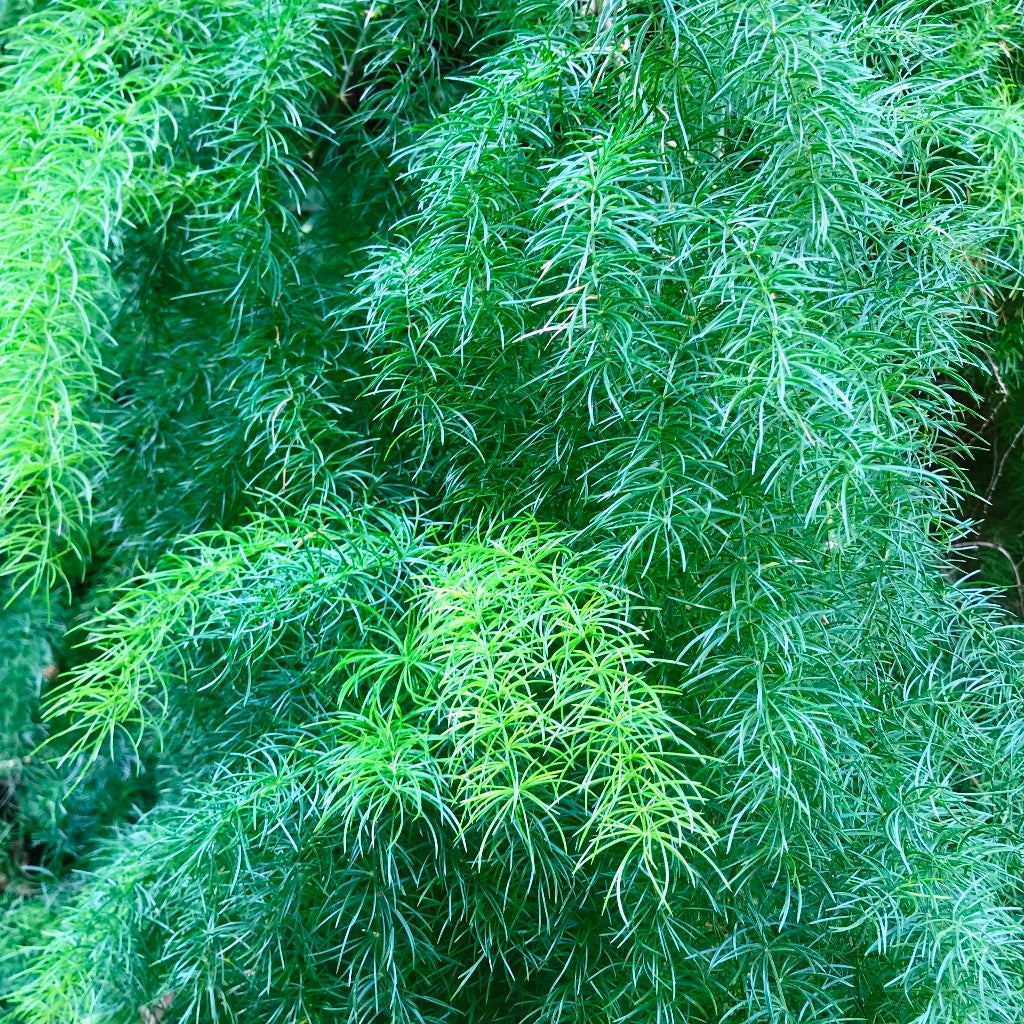

The Shatavari Tree, scientifically known as Asparagus racemosus, is a cornerstone of Ayurvedic medicine, revered for its potent healing properties and profound impact on human health. Often referred to as the “Queen of Herbs,” Shatavari is parti Read more
Trending
Trees for Corporates
Shatavari Plant: Ayurvedic Elixir, Women\u2019s Health Ally, and Herba
You may also like
Corporate Plantations
Shatavari Benefits for Women
Shatavari is every woman’s herbal bestie, known for balancing hormones, easing menstrual woes, and boosting fertility. It’s like a botanical life coach that says, “You’ve got this,” no matter the hormonal rollercoaster.
Growing Shatavari at Home
Cultivating Shatavari is like planting your personal Ayurvedic pharmacy. With sandy soil, partial shade, and some patience, you’ll grow a resilient, health-boosting plant that keeps on giving.
Shatavari Root Uses
The root is the crown jewel of Shatavari, used in powders, teas, and capsules to support immunity, digestion, and vitality. It’s nature’s way of saying, “I’ve got your back.”
Shatavari for Hormonal Balance
Whether you’re battling PMS, menopause, or mood swings, Shatavari steps in as the natural regulator, keeping hormones in check with its adaptogenic magic.
Shatavari in Ayurveda
Revered in Ayurveda, Shatavari is the “queen of herbs,” supporting longevity, reproductive health, and mental clarity. It’s like a centuries-old wellness guru packed into a plant.
Shatavari for Men’s Health
Shatavari isn’t just for women—it boosts vitality, stamina, and stress resilience in men too. It’s the herbal wingman every guy didn’t know he needed.
Shatavari Powder Benefits
Shatavari powder is your wellness shortcut. Mix it into milk or smoothies to enjoy benefits like improved immunity, better digestion, and a zen-like calm throughout the day.
Shatavari for Stress Relief
Feeling overwhelmed? Shatavari’s adaptogenic properties help your body handle stress better, making it the herbal equivalent of taking a deep, restorative breath.
Shatavari for Digestion
Bloating and acidity meet their match with Shatavari, which soothes the digestive system and promotes gut health. It’s like yoga for your stomach, but tastier.
Shatavari Juice Uses
Shatavari juice is the hydrating elixir that boosts energy, cools the body, and supports overall health. One sip, and you’ll feel like the picture of Ayurvedic vitality.
Shatavari and Immune System
Packed with antioxidants and nutrients, Shatavari strengthens your immunity, making you feel ready to tackle whatever life throws your way. It’s your herbal shield against the world.
Shatavari for Skin Care
With its cooling and rejuvenating properties, Shatavari works wonders for glowing, hydrated skin. It’s like a spa day for your face, straight from nature’s garden.
FAQ
What is Shatavari and why is it called an Ayurvedic elixir?
Shatavari is a versatile herb celebrated in Ayurveda for its rejuvenating properties. Known as the “queen of herbs,” it supports hormonal balance, boosts immunity, and promotes vitality, making it the ultimate plant-based wellness solution.
How can I grow Shatavari at home?
Growing Shatavari requires well-drained sandy soil, partial shade, and some patience. With the right care, you’ll have your personal Ayurvedic herb garden blooming with this powerful plant.
What are the benefits of Shatavari for women?
Shatavari helps balance hormones, ease menstrual discomfort, and improve fertility. It’s like having an herbal wellness coach specifically designed for women’s health.
Can men use Shatavari too?
Yes! Shatavari isn’t just for women. It enhances stamina, reduces stress, and supports overall vitality in men, making it a universal herbal hero.
How is Shatavari used in Ayurveda?
Shatavari has been a staple in Ayurveda for centuries, used to support reproductive health, boost immunity, and promote longevity. It’s a plant that truly embodies holistic wellness.
What are the key benefits of Shatavari powder?
Shatavari powder is a convenient way to boost immunity, improve digestion, and manage stress. Mix it into milk or smoothies for a quick wellness upgrade.
Can Shatavari help with hormonal balance?
Absolutely! Shatavari is an adaptogen that works to balance hormones naturally, making it a go-to remedy for PMS, menopause, and other hormonal fluctuations.
Is Shatavari good for digestion?
Yes! Shatavari soothes the digestive system, reduces acidity, and promotes gut health. It’s like having a calming herbal tea party inside your stomach.
What are the skincare benefits of Shatavari?
Shatavari hydrates, rejuvenates, and cools the skin, leaving it glowing and refreshed. It’s nature’s way of giving you that dewy, radiant look effortlessly.
Can Shatavari be used to reduce stress?
Shatavari’s adaptogenic properties make it a fantastic stress reliever. It helps your body adapt to stress and promotes a calm, balanced mind.
What is Shatavari juice good for?
Shatavari juice boosts energy, supports hydration, and enhances overall health. It’s the refreshing Ayurvedic tonic you didn’t know you needed.
How does Shatavari improve immunity?
Packed with antioxidants and nutrients, Shatavari strengthens your immune system, helping your body fight off illnesses and stay resilient all year round.
Most Popular
Connect with us
-
👥 Corporates
If you are looking for:
- 🌲 Tree Plantation Events
- 📊 CSR Projects
📧 corporate@growbilliontrees.com
📞 +91 9699723523
💬 +91 9325931304 WhatsApp (Only)
🕒 Mon - Sat | 10am - 7pm IST
-
🧩 Tree Plantation NGOs
If you are looking for:
- 💰 Financial Assistance
- 🤝 Operational Support
📧 support@growbilliontrees.com
📞 +91 9699723523
💬 +91 9325931304 WhatsApp (Only)
🕒 Mon - Sat | 10am - 7pm IST
-
🌼 Individuals
If you are looking for:
- 👥 Group Tree Plantation Drive
- 🌳 Bulk Tree Plantation
📞 +91 9699723523
💬 +91 9325931304 WhatsApp (Only)
🕒 Mon - Sat | 10am - 7pm IST





















